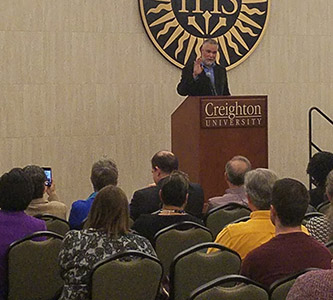Loving v. Virginia: Exploring biracial identity and reality in America 50 years after a landmark civil rights milestonePosted in Articles, History, Law, Media Archive, United States on 2017-06-09 01:32Z by Steven |
The Conversation
2017-06-07
Caty Borum Chattoo , Director of the Center for Media & Social Impact,
American University School of Communication
American University, Washington, D.C.

Mildred and Richard Loving in 1965. AP Photo
Fifty years ago, on June 12, 1967, the U.S. Supreme Court handed down one of the most important civil rights decisions in American history, Loving v. Virginia. The landmark case ended the last of the country’s state laws banning interracial marriage – prohibitions described in the case’s oral arguments as “the most odious of the segregation laws and the slavery laws.”
This wasn’t simply the dramatic end to longstanding policy justified with biblical assertions about the separation of the races. In the most intimate human terms, the court’s decision marked the end of a difficult journey for Mildred and Richard Loving, the interracial couple at the heart of the case. In the years leading up to the Supreme Court decision, for the crime of being married as a woman of color and a white man, the Lovings faced harassment, a police invasion of their home and even jail time.
The Loving decision has both political and personal meaning to me, the mother of two biracial children and a documentary filmmaker and scholar whose work is grounded in social justice…
Read the entire article here.






